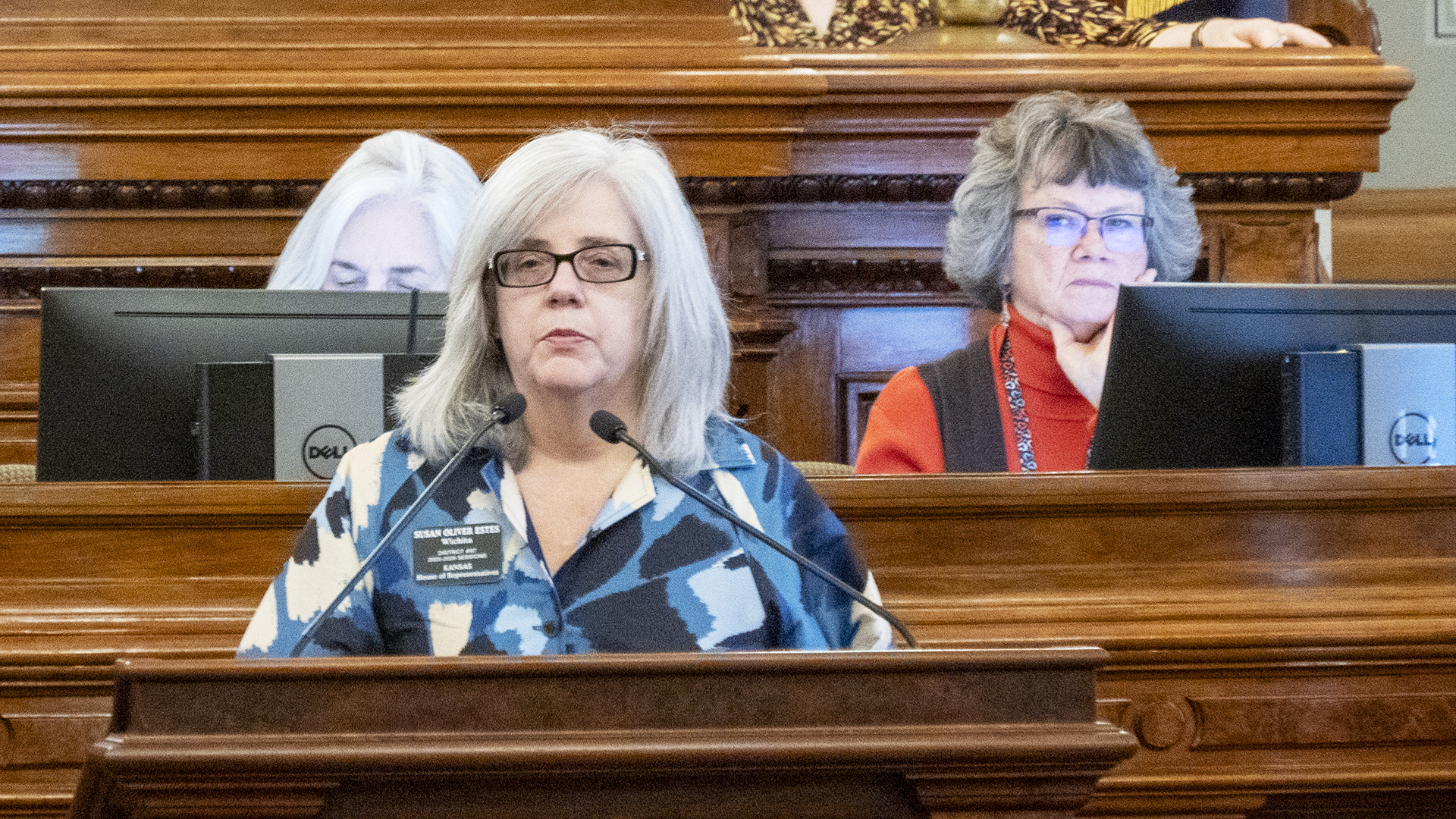In Topeka, the Kansas task force responsible for developing a new public education finance formula is encountering significant controversy. The task force, led by Republicans Sen. Renee Erickson and Rep. Susan Estes, is expressing frustration over rumors that are stirring unrest among school superintendents. These rumors suggest that the reform process could potentially lead to the closure of school districts with fewer than 100 students.
Erickson and Estes, chair and vice chair of the task force respectively, have reported receiving numerous calls from concerned superintendents. Estes mentioned superintendents have been warned about the possible need for a lawsuit, amid fears that small districts might be excluded from the new finance formula.
Erickson criticized these claims as fearmongering, which she believes is undermining the task force’s efforts. She emphasized that no formal policy decisions have been made by the task force regarding the frequently litigated formula. “There has been a poisoning of the well against this process already, and superintendents are worried,” she said.
The task force is under pressure to devise a new funding formula as the current one is set to expire in June 2027. The Kansas Supreme Court had previously ruled the existing formula unconstitutional. Task force members, including Jim Porter of the Kansas State Board of Education and Brad Neuenswander, superintendent of Jefferson West School District, denied any involvement in discussions about a potential lawsuit.
In addition to structural concerns, the task force is also debating teacher salaries. Estes initiated discussions on whether the finance formula should establish a statewide baseline for teacher salaries, suggesting a minimum of $45,000 per year. She argued that teacher salaries should exceed federal poverty levels.
However, this proposal met resistance from other task force members. GOP Sen. Beverly Gossage argued that salary decisions should remain under the jurisdiction of local school boards. Rep. Kristey Williams suggested that districts could allocate a portion of state funds to teacher salaries, noting the opportunity for teachers to earn additional income during summer breaks.
Erickson questioned the assumption that higher salaries correlate with improved student outcomes, arguing that ineffective teachers are often overpaid due to tenure. This, she said, discourages young, effective teachers.
The task force is also considering the inclusion of state funding for at-risk pre-kindergarten children in the revised formula. A majority of the task force appeared to favor concentrating resources on K-12 programs, leaving pre-K initiatives to local districts. Williams expressed skepticism about the effectiveness of federally funded pre-K programs and raised concerns about competition with private schools.
Rep. Nikki McDonald voiced opposition to state funding for private entities, particularly unaccredited ones, reflecting ongoing debates about the allocation of educational resources.
Amid these discussions, the task force aims to present a revised finance formula to the Legislature by January 2026. With Republican supermajorities in both House and Senate, a new school finance bill could pass along party lines, potentially setting the stage for significant changes in Kansas public education funding.
Note: This article is inspired by content from https://kansasreflector.com/2025/05/08/gop-leaders-of-kansas-school-finance-task-force-decry-fearmongering-about-potential-lawsuit/. It has been rephrased for originality. Images are credited to the original source.

